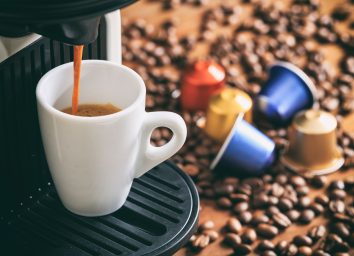One Major Side Effect of Taking Your Medication With Coffee, New Study Says
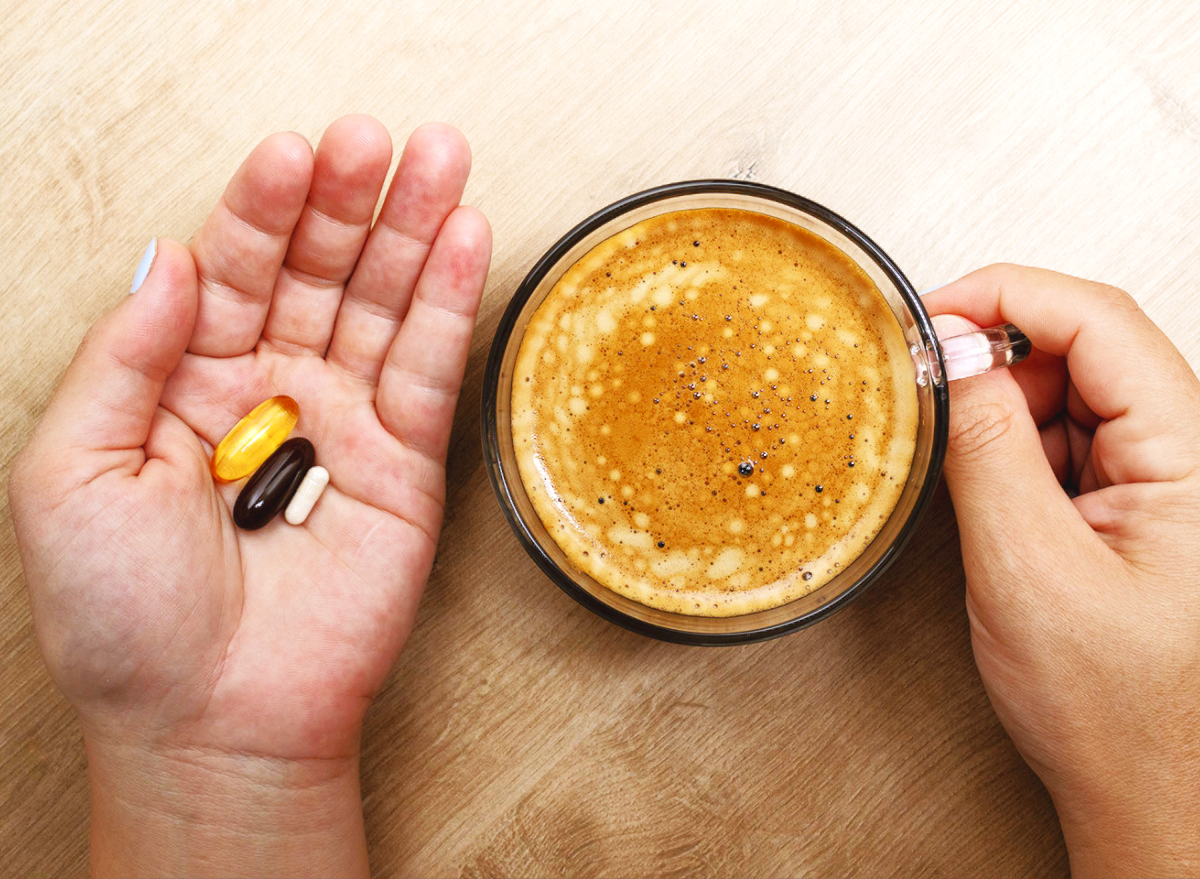
Sometimes, you're pressed just to fit in everything you need to do as you move about your day. It's enough of a win that you remembered to take your medication—so downing it with a swig of coffee is no big deal, right? Well, one new study is highlighting a major concern for coffee lovers who take any type of medication.
It's always exciting to read a new discovery about one of coffee's health benefits. However, a new review of studies by an international group of researchers (led by Italian endocrinology researcher Luigi Barrea) found that consuming coffee too close to taking medicine "should be taken into account in order to avoid interaction."
This finding aligns with a 2020 study by two pharmacology researchers in Ethiopia. That study got more specific, suggesting that "coffee significantly affects the absorption, distribution, metabolism, and excretion of many drugs."
Purvi Parekh, DO, an internal medicine physician in Pennsylvania, tells Eat This, Not That! that other complications may occur from taking medication with coffee. "The key issues are that coffee can amplify the effects, or affect absorption, of some common medications," Parekh says. She points out that this, in turn, can interfere with your goal "to get the full effect of the medication."
Keep reading to see which medications Parekh says may commonly be affected by coffee consumption. Also, don't miss This Popular Juice May Reduce Your Heart Disease Risk, New Study Says.
Thyroid Drugs
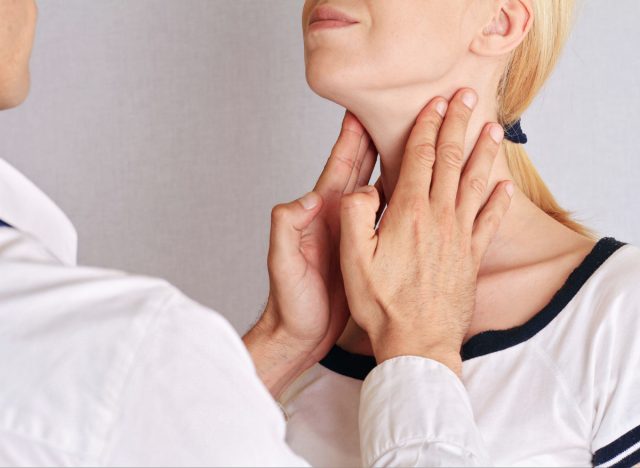
Parekh says thyroid medications, in particular, have to be taken on an empty stomach, followed by nothing else for at least a half-hour. This is so the body can absorb the thyroid drug.
RELATED: Signs Your Thyroid is in Trouble, According to Doctors
Osteoporosis Medications
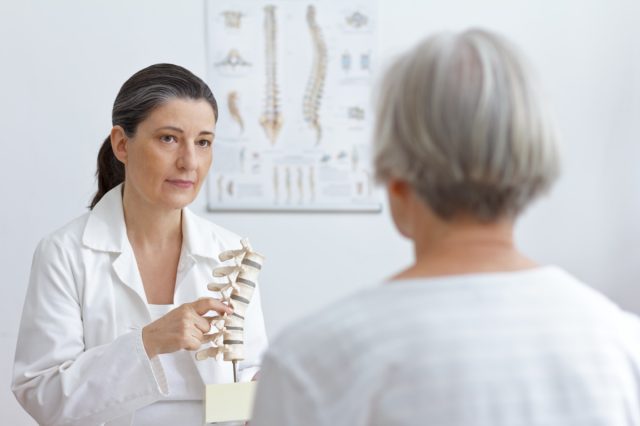
If you're taking coffee with your osteoporosis drug, Parek says, "you're reducing the full efficacy of the medication."
Acid Reflux Medication

"Acid reflux medicines work best when they're taken first thing in the morning, before anything else to eat or drink," Parekh says.
It's also worth keeping in mind that because coffee contains acid, it may exacerbate the issue you're taking the medication for.
Leg Swelling
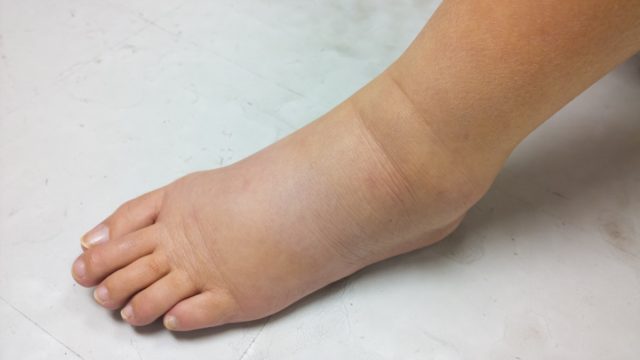
"Caffeine in general turns off that hormone that stimulates you to hold your water in, so it's a diuretic," Parekh says. This means the caffeine in coffee can amplify diuretic medications, such as those used to treat swollen legs.
Heart Failure
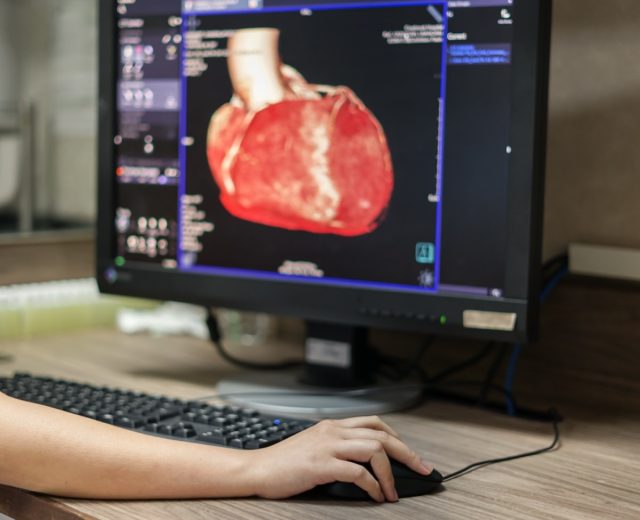
Also, due to caffeine's diuretic properties, patients on medication for heart failure should be mindful of drinking caffeinated coffee.
High Blood Pressure

When it's combined with coffee, medication to treat high blood pressure may also cause you to experience a more severe diuretic effect. "We have to look at what additive effect those things might have together," Parekh says.
Attention-Deficit Medications

If you happen to take medicine for a diagnosis related to distraction, hyperactivity, or impulsivity, Parekh says the caffeine in coffee could "rev everything up," possibly making your system less likely to benefit from the medication.
Cold Medicine
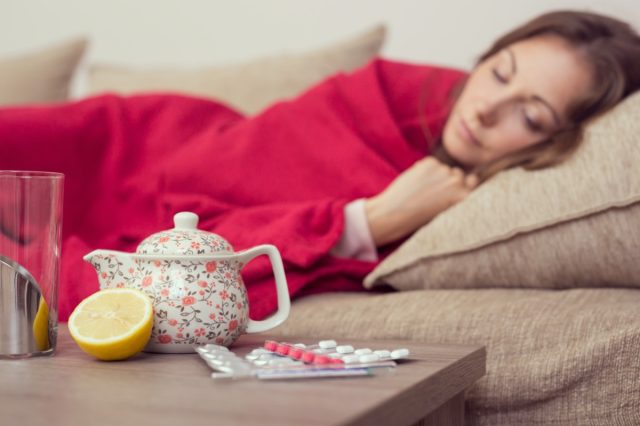
Some cold medicines, such as Sudafed, are stimulants, Parekh says. If you're hoping to catch a nap later in the day, be mindful that drinking coffee while on some cold medications could make it harder to rest.
All this is not to say you should give up that beloved brew. You may just want to time out your medication so there's no interference.
For more wellness news, keep reading:

